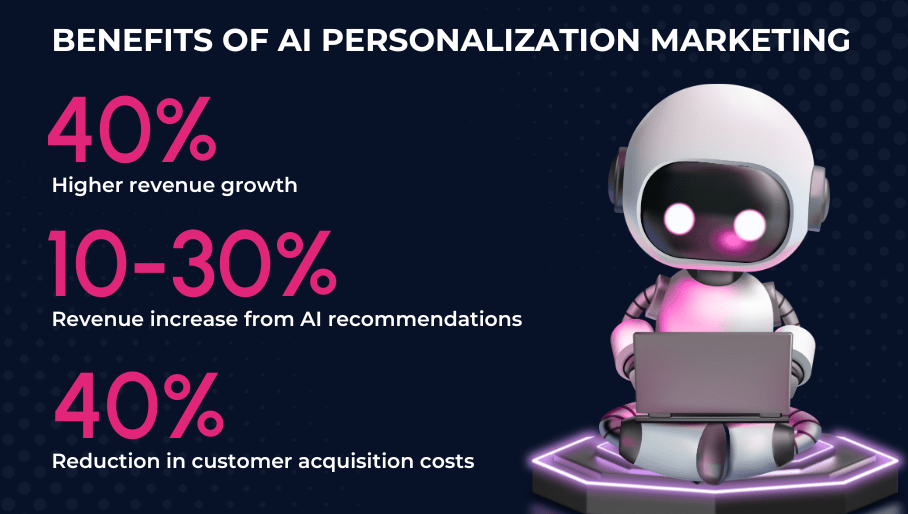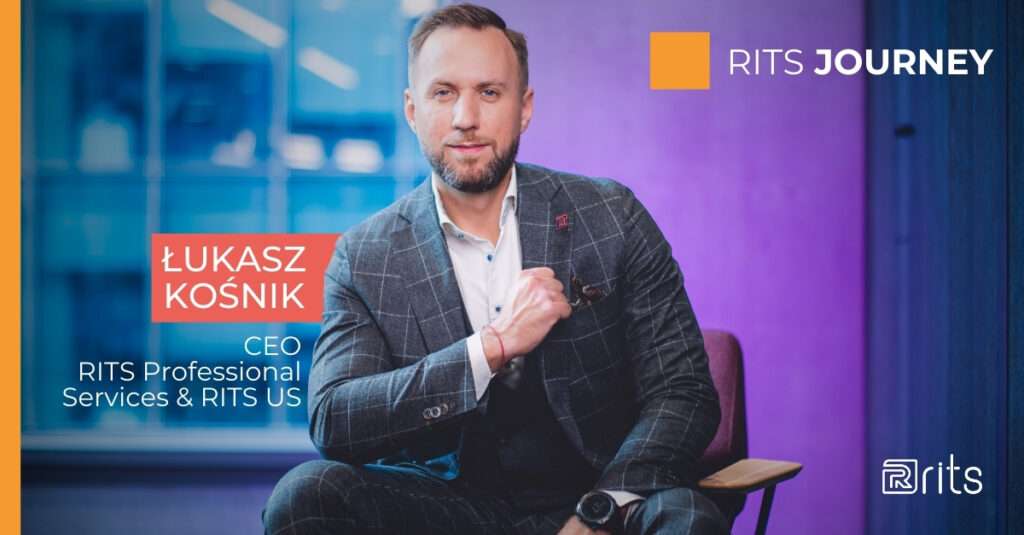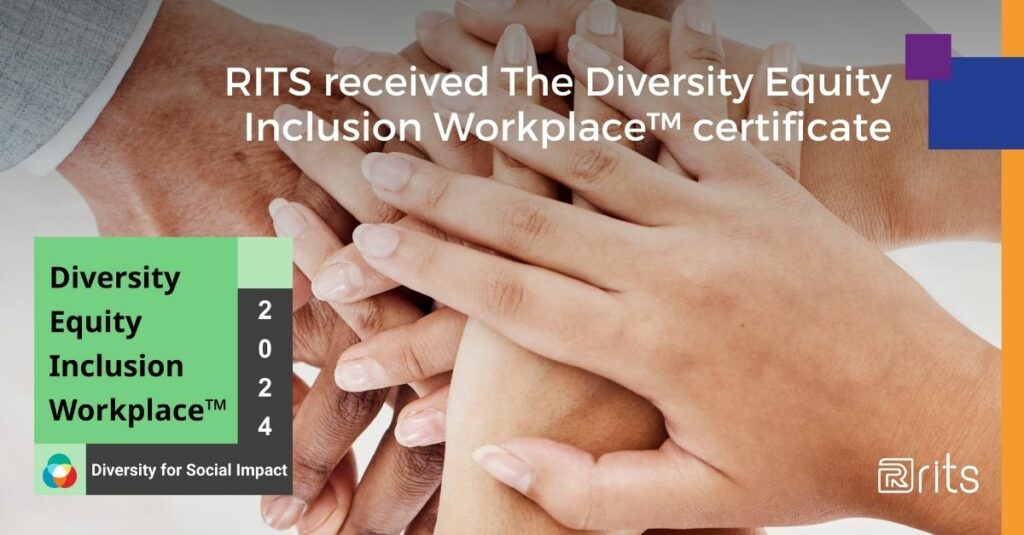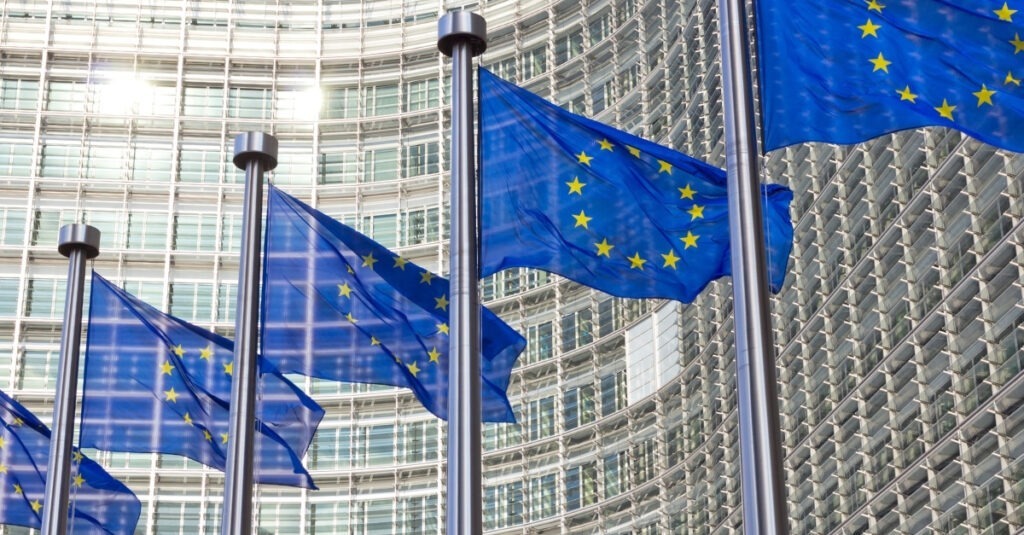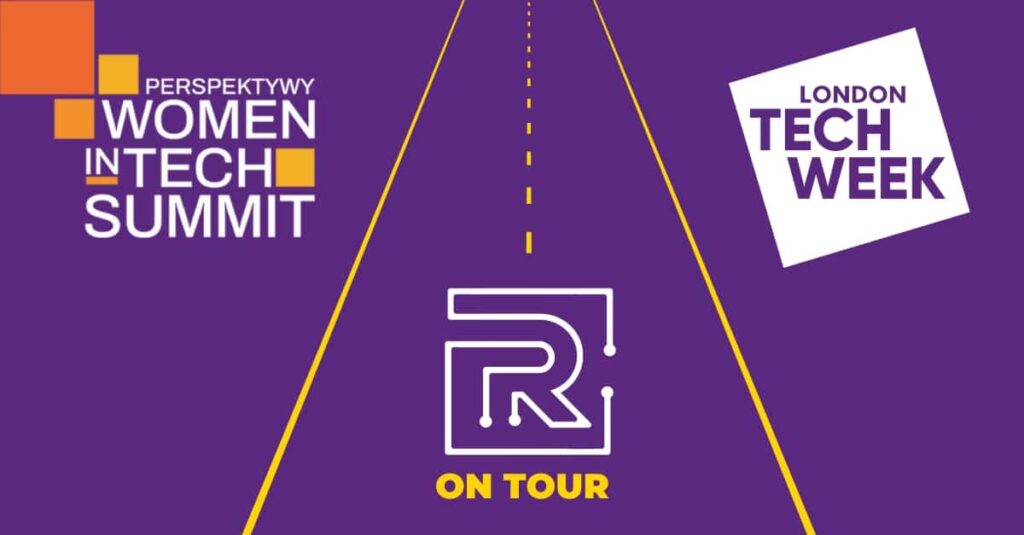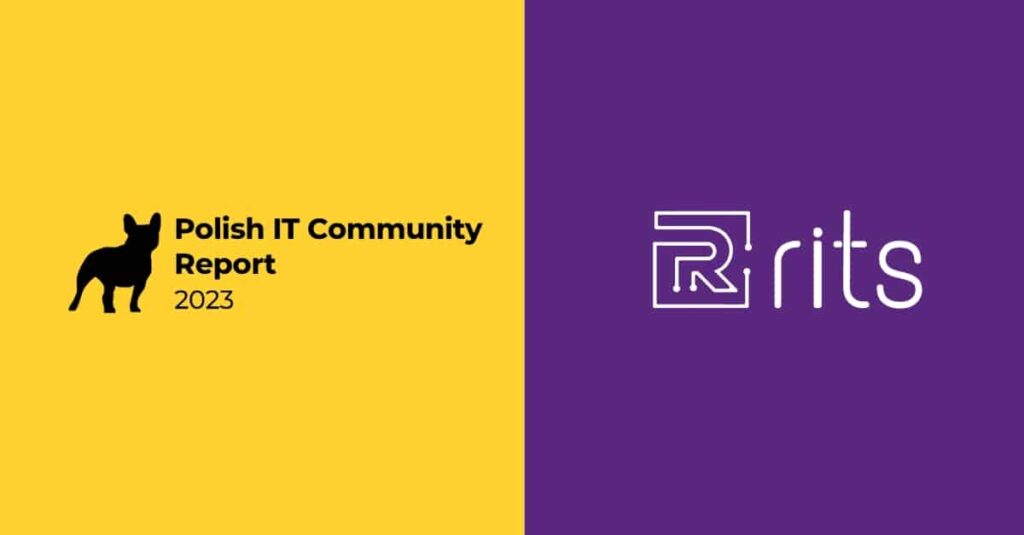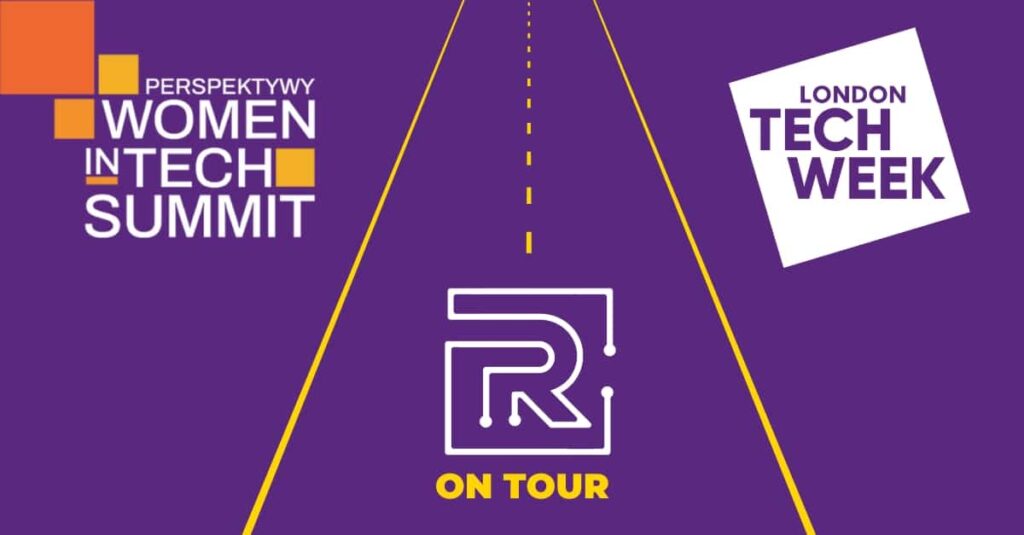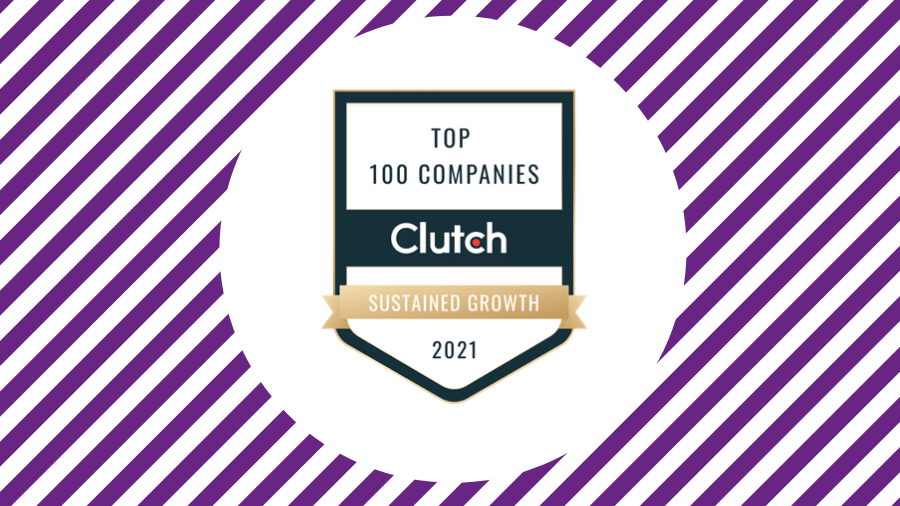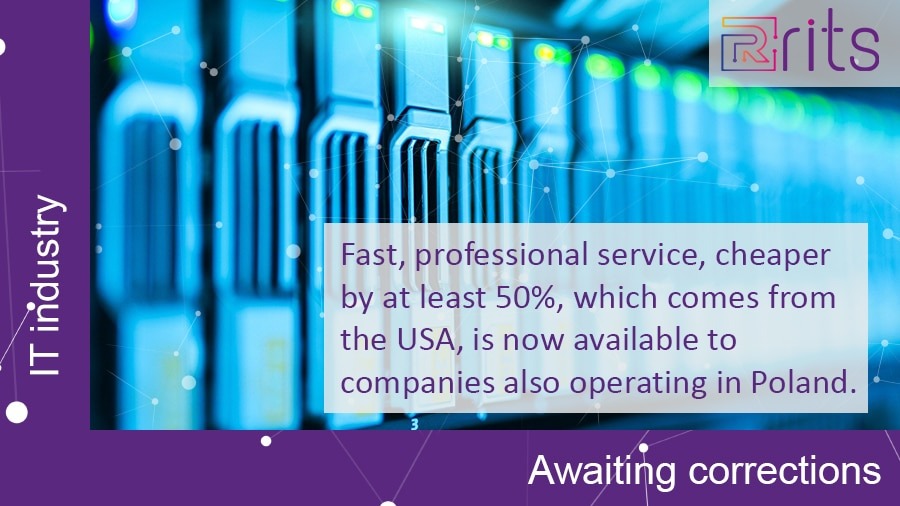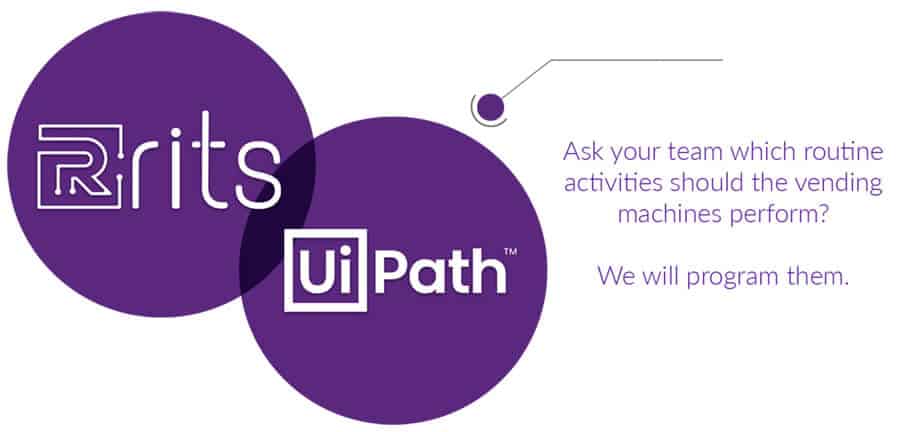
- About Us
About Us
Explore our company's story, encompassing our mission, values, and the journey that shapes our identity.
CSR Strategy
Commitment to social and environmental responsibility by showcasing our initiatives and sustainable practices.
Diversity & Inclusion
Empower your teams, exceed customer expectations, and gain invaluable insights effortlessly with unparalleled efficiency.
Security Policies
Discover our commitment to high standards in quality management and information security, aligned with ISO 9001 and ISO 27001.
- Our offer
Industries
Banking & Finance
Elevate financial processes with cutting-edge IT solutions for enhanced efficiency and security.
Technology
Tailored software development solutions to meet diverse IT needs and drive innovation.
Ecommerce
Upgrade your ecommerce platform with our tailored IT solutions, enhancing user experience and sales.
Manufacturing
Optimize operations with technology, boosting productivity and scalability in the manufacturing sector.
Pharma
Innovate pharmaceutical operations with IT solutions focused on compliance and efficiency.
Aviation
Ensure safety and efficiency in aviation through advanced IT services.
Media & Marketing
Empower media and marketing with digital solutions, fostering audience engagement.
Gaming
Boost your gaming business with our top-notch IT services.
Public
Enhance public services with our expert IT solutions.
Fintech
Transform your fintech enterprise with our cutting-edge IT solutions, driving innovation and efficiency.
Insurance
Elevate your insurance business with our innovative IT solutions.
Consulting
Advance consulting firm with our specialized IT solutions, optimizing performance and client outcomes.
Cooperation models
Staff Augmentation
Flexible support with skilled professionals for enhanced team capabilities.
Dedicated Team
Comprehensive project support through dedicated teams aligned with specific client needs.
Project-Based Outsourcing
Efficient project outsourcing for optimized resource allocation and success.
Build-Operate Transfer (BOT)
Seamless transitions from project development to client operation.
Managed Services Model
Ongoing support and management for sustainable IT solutions.
Hybrid Model
Customized collaboration models combining flexibility and optimization.
Solutions
Automation & Integration
Transform your business with data-driven automation and integrated digital operations.
Marketing Technology
Boost your marketing with advanced tools, delivered through our new brand, Martech Compass.
Data & Analytics
Unlock actionable insights from your data with our advanced analytics and data engineering services.
Cloud Services
Migrate to the cloud seamlessly and optimize your architecture for scalability and security.
Cybersecurity
Protect your digital assets with our comprehensive cybersecurity solutions.
Consulting & Strategy
Get strategic guidance to navigate complex IT challenges and drive business growth.
User Experience
Design intuitive and engaging digital experiences to delight your users.
Integration Services
Seamlessly integrate your systems and applications for improved efficiency.

- Knowledge
- Case studies
Banking & Finance
Our IT experts drive digital transformation, ensuring swift project execution and diverse talent supply.Technology
Agile IT solutions drive growth and innovation. Swift augmentation for dynamic projects, diverse talent on short notice.
Manufacturing
Innovating processes, embracing automation. Precision, efficiency, and tech integration drive industry advancement.
Pharma
IT excellence in biotech. Swift talent matching, innovation in action. Rapid recruitment, meeting high skill demands within 2 weeks.
Aviation
Long-standing support in aviation projects. Efficient recruitment, recognized as a top supplier for global tech provider in aviation and travel sectors.
Media & Marketing
Transforming digital ideas for media. Swift response to IT needs. Expertly matching resources with project requirements and budgets.
Gaming
Elevating gaming innovation through strategic IT partnerships, driving ambitious projects and revenue growth.
Fintech
Empowering Fintech through strategic IT solutions, driving innovation and growth.
Other
Insurance, Public, Consulting, Ecommerce
- Join us
Job offers in IT
Speed up innovation, ensure regulatory compliance, and bolster user security through swift tech deployments.
Job offers back office in RITS
Work with the world’s top iOS and Android developers to build high-performing, customer-centric applications.
Job offers in IT
Speed up innovation, ensure regulatory compliance, and bolster user security through swift tech deployments.
Job offers back office in RITS
Work with the world’s top iOS and Android developers to build high-performing, customer-centric applications.
RITS Referral Program
Whether you’re a client, partner, or specialist, share your positive experiences and enjoy great rewards when your referral chooses to work with us.
- News

